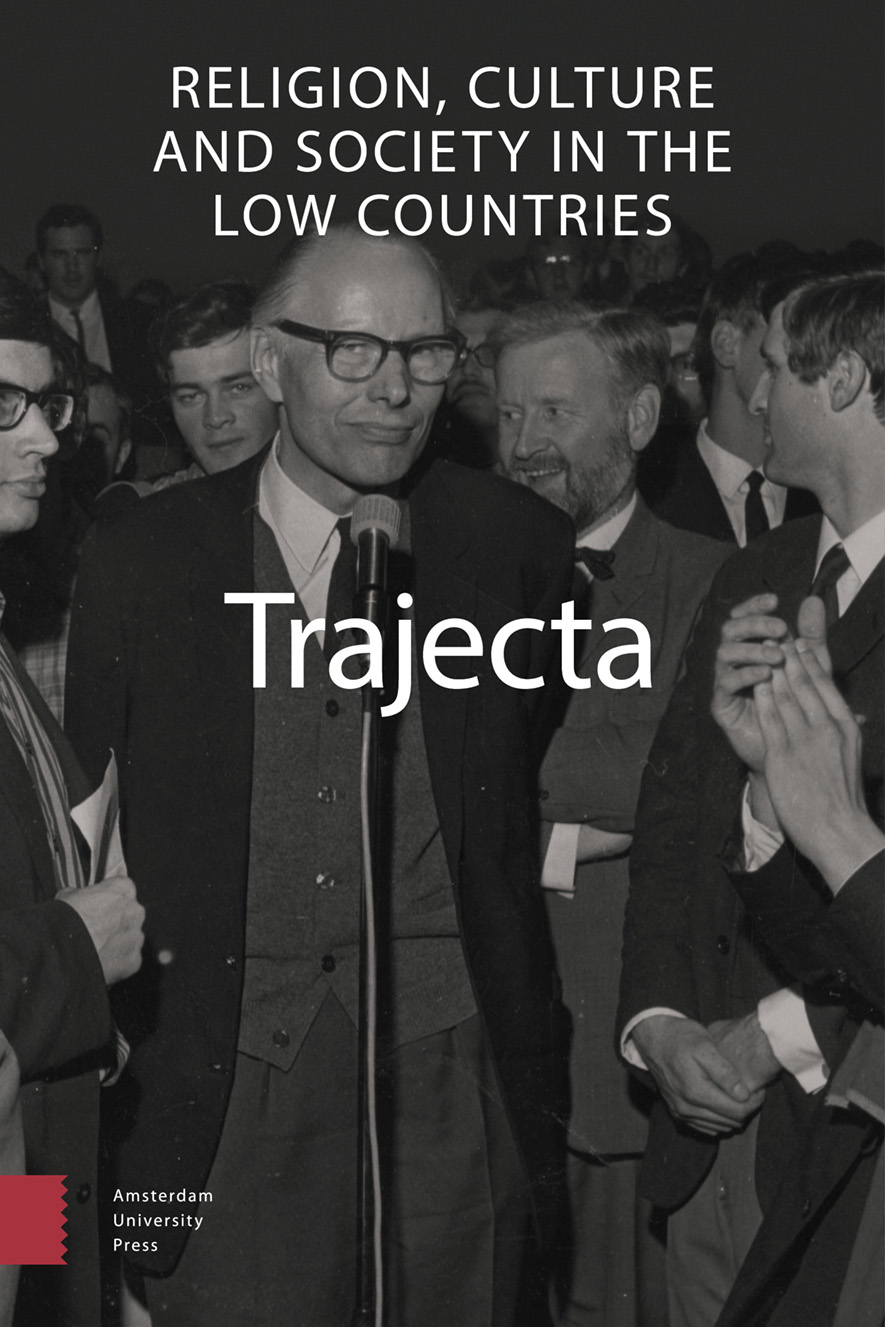- Home
- A-Z Publications
- Trajecta
- Previous Issues
- Volume 29, Issue 1, 2020
Trajecta - Volume 29, Issue 1, 2020
Volume 29, Issue 1, 2020
Language:
English
-
-
oa From Turks and Renegades to Citizens and Radicals
More LessAbstract In contemporary debates on religion and multiculturalism in the Netherlands, Islam is hypervisible as a ‘problem' originating from outside Europe – the discussion of which draws a clear distinction between the ‘good’ and ‘bad’ Muslims. Yet, at the same time, almost no reference is made to the Dutch history of Islam and Muslims prior to World War II. Based on a study of the literature on the history of Islam and the Read More
-
-
-
oa Witchcraft, Calvinism and Rural Society in the Netherlands: Storytelling in the Twentieth Century
More LessBy John ExaltoAbstract The disenchantment of the world initiated by the Enlightenment was not a linear process. Folktales show that a magical world-view persisted in rural society until about 1900. An analysis of two types of folktales demonstrates that even in orthodox Calvinism there were people to whom witchcraft was ascribed. The persistence of belief in witchcraft must be explained both from the rural context and in light of ortho Read More
-
-
-
oa Christelijke vakbonden van hoop naar ontgoocheling
More LessBy Jos ClaeysAbstract The implosion of Communism between 1989 and 1991 in Central- and Eastern Europe (CEE) and the following socio-economic transitions had a strong impact on Western European social movements. The international trade union movement and trade unions in Belgium and the Netherlands were galvanized to support the changing labour landscape in CEE, which witnessed the emergence of new independent uni Read More
-
-
-
oa Processiecultuur in Vlaanderen
More LessAuthors: Joris Colla & Peter HeyrmanAbstract De rijke processiecultuur in Vlaanderen is een merkwaardig en opmerkelijk persistent fenomeen dat uiteenlopende betekenissen in zich draagt. Die vinden hun neerslag in divers en waardevol materieel en immaterieel erfgoed. De lokale traditiedragers en erfgoedgemeenschappen hebben nood aan ondersteuning en begeleiding. Initiatieven zoals die van het consortium ‘Op handen gedragen’ (Histories, PARCUM en Read More
-
Most Read This Month
Article
content/journals/07788304
Journal
10
5
false
en

Most Cited Most Cited RSS feed
-
-
oa Odd Bedfellows, New Alliances
Authors: Markus Balkenhol & Ernst van den Hemel
-
- More Less

